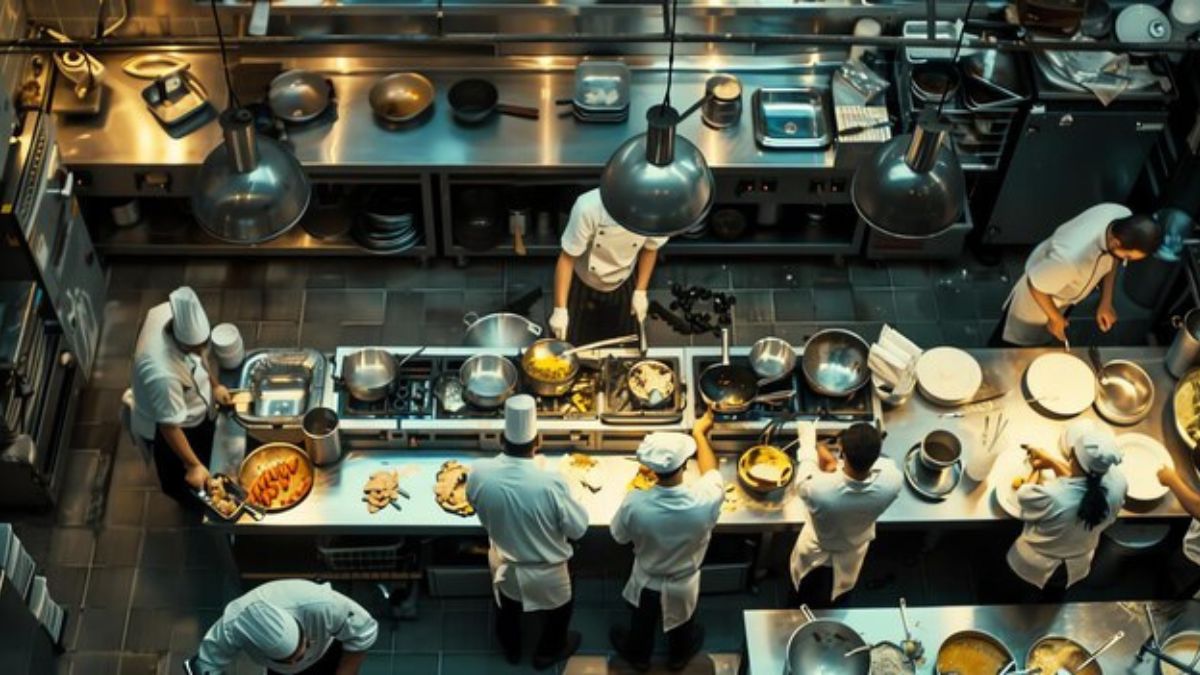When opening a new restaurant or refurbishing an existing one, selecting the best equipment is crucial for success. Your choice of appliances and kitchen tools can have a significant impact on the efficiency and quality of your food service operations. Navigating the vast array of commercial kitchen equipment options can be overwhelming, but it’s critical to make informed decisions that will benefit your business in the long run. Below, we delve into important considerations to keep in mind while choosing the best equipment for your culinary establishment.
Evaluating Commercial Kitchen Equipment Durability and Warranty![]()
Commercial kitchen equipment represents a significant investment, so prioritizing durability and a solid warranty is vital. Look for equipment constructed with high-quality materials like stainless steel, which can withstand the rigors of a busy kitchen and is easy to clean.
Investigating the reputation of the brands and the longevity of their products is also valuable. Reputable manufacturers often offer extended warranties and guarantee support, indicating confidence in their equipment’s performance over time.
Warranties can greatly reduce future repair costs and give you peace of mind. Always read warranty agreements carefully to understand what is covered, for how long, and the procedures for service claims should the need arise.
Considering the Space: Layout and Size Constraints
The size of your kitchen space will largely dictate the size and amount of equipment you can accommodate. Planning your kitchen layout meticulously to maximize efficiency while adhering to space constraints is crucial. Strategic placement of appliances can profoundly affect the workflow and efficiency of your kitchen staff.
Measure your kitchen space accurately before making any purchases. Keep in mind that some equipment might need extra room for ventilation, or for opening doors and drawers without hindrance. Overcrowding your kitchen with too much equipment or purchasing items that are too large can lead to a cramped and inefficient work environment.
Modular and multi-purpose equipment can be a smart solution for kitchens with space limitations. These can perform various functions, save space, and often cost less than purchasing separate units for each task.
Balancing Performance With Energy Efficiency
Opting for energy-efficient equipment can result in significant savings on utility bills and reduce the environmental footprint of your restaurant. Evaluate the energy consumption of each appliance and consider the long-term savings that energy-efficient models may provide.
Many modern appliances come with Energy Star ratings, which provide a quick reference for comparing the energy efficiency of different products. Although these models might have a higher upfront cost, their operational savings can be substantial over time.
Additionally, local governments often provide incentives for businesses that invest in energy-efficient equipment, such as tax breaks or rebates. Researching available incentives in your area can help offset the initial cost of these investments.
Assessing Supplier Reputation and Post-Purchase Support
When selecting a supplier for your restaurant equipment, their reputation for quality service and reliable support should weigh heavily in your decision. Look for suppliers with positive testimonials and a track record of providing excellent customer service.
After-sales support is particularly important in the restaurant industry where downtime can be costly. Choose suppliers that offer prompt and efficient repair and maintenance services. This ensures that any issues with your equipment can be addressed quickly, keeping your kitchen running smoothly.
For restaurateurs in Texas looking for reliable equipment, restaurant supply in Houston can be a cornerstone for quality and support, offering a wide selection of commercial kitchen instruments essential for any thriving food service operation.
Altogether, when well-chosen, restaurant equipment can enhance the efficiency, safety, and profitability of your food service establishment. By thoroughly considering your specific needs, emphasizing durability and warranty, planning for space, prioritizing energy efficiency, and selecting a reputable supplier with excellent post-purchase support, you can lay a strong foundation for your restaurant’s operational success.











